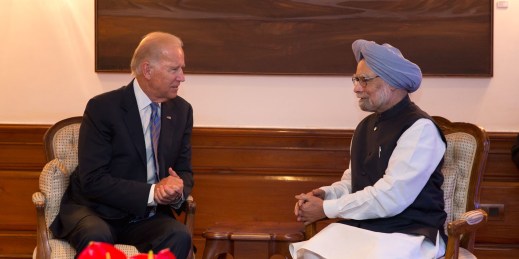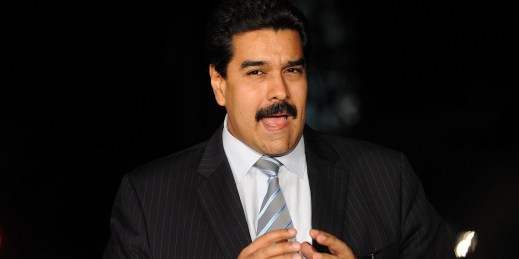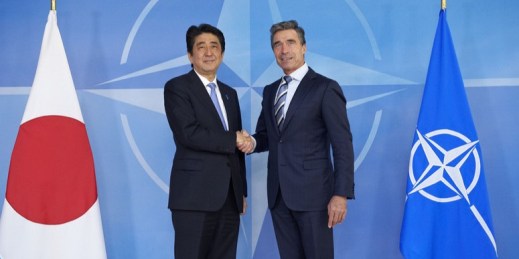
The United States has been active in its policies toward the smaller countries of South Asia in the Indian Ocean region. In recent weeks, the U.S. concluded its third annual security dialogue with Bangladesh and sponsored a resolution against Sri Lanka at the U.N. Human Rights Council (UNHRC) calling for an international investigation into alleged war crimes. Since early 2014, Washington has called for new elections in Bangladesh after much of that country’s opposition boycotted national polls, and last year the U.S. pursued a defense agreement with Maldives that would have allowed rights for U.S. military personnel visiting the country. […]









